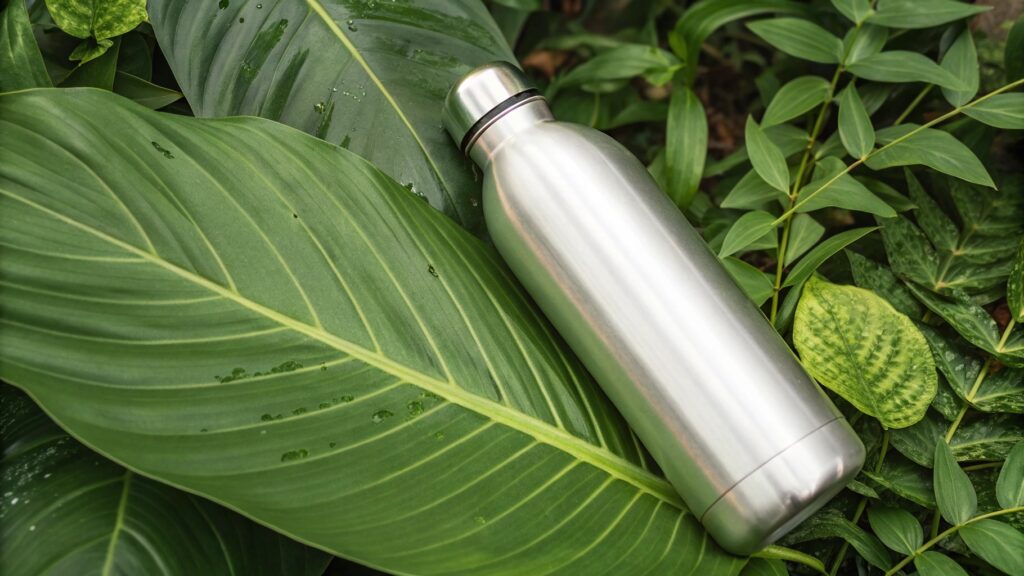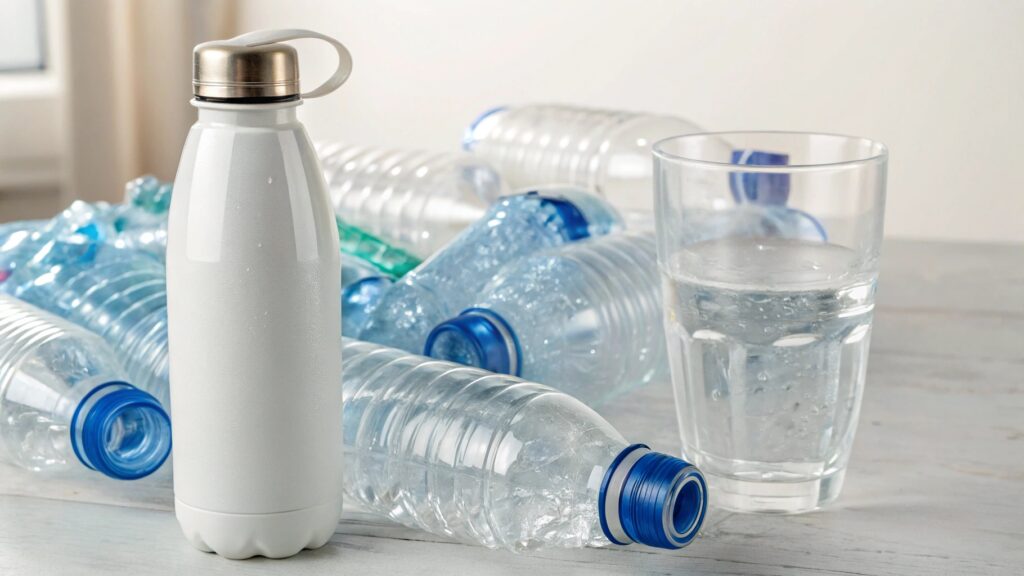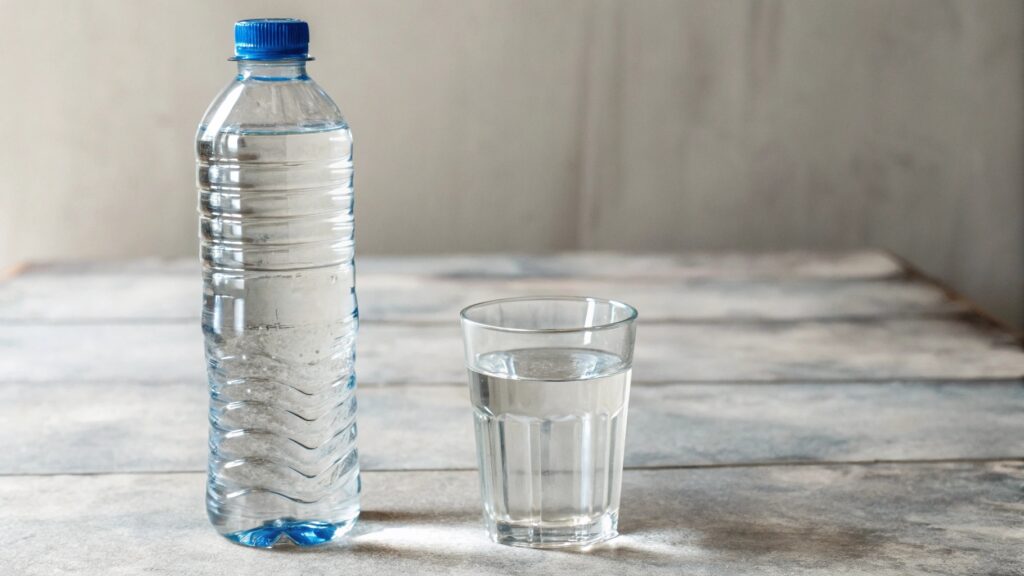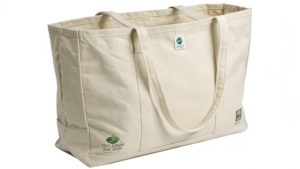Why Are Reusable Water Bottles Important?
Reusable water bottles are more than just a way to stay hydrated. They represent a fundamental shift in our daily habits and a quiet declaration of personal responsibility. Are you ready to embrace this change?
Reusable water bottles are important because they significantly reduce single-use plastic waste, lower carbon footprints, and conserve resources. Beyond environmental benefits, they promote a cultural shift towards mindful consumption, encouraging forethought in our daily routines and signaling a commitment to sustainability.

I've learned that every small choice we make adds up. Choosing a reusable water bottle is one of those small choices. It shows you are paying attention. It is a simple habit, but it has a big impact. This impact keeps our planet healthier.
How Can Using Reusable Water Bottles Help the Environment?
Worried about plastic pollution? Wondering how one bottle can make a difference? Let's explore how reusable water bottles1 protect our planet.
Using reusable water bottles significantly helps the environment by reducing the demand for single-use plastic bottles, which often end up in landfills or oceans. This practice conserves natural resources, lessens greenhouse gas emissions from plastic production, and decreases pollution, contributing to a healthier planet.

I've seen firsthand the piles of plastic waste generated every day. It's truly shocking. Opting for a reusable bottle is a direct attack on that problem. Each time you refill your bottle, you are preventing another plastic bottle from being produced. You also stop it from potentially polluting our environment. This seemingly small act adds up to a massive reduction in waste over time. Think about the resources saved too. Making plastic bottles uses a lot of oil and water. By choosing reusable options, we lessen this demand. We also cut down on the energy needed for transportation and recycling. It means fewer trucks on the road and less pollution in the air. This choice is not just good; it is essential for the health of our planet.
| Environmental Benefit | Description | Impact on Earth |
|---|---|---|
| Waste Reduction | Less single-use plastic sent to landfills/oceans. | Cleaner ecosystems, reduced pollution. |
| Resource Conservation | Decreased use of oil and water for plastic production. | Preserves finite natural resources. |
| Carbon Footprint | Lower emissions from manufacturing and transport. | Fights climate change, cleaner air. |
| Pollution Decrease | Fewer microplastics2 in water and soil. | Healthier wildlife and human populations. |
Why Should We Use a Reusable Water Bottle?
Tired of buying bottled water? Curious about the personal benefits? Let's uncover why a reusable bottle is a smart choice for everyone.
We should use a reusable water bottle because it's a cost-effective, healthier, and more convenient option than single-use bottled water. It reduces plastic waste, ensures access to fresh water, and reflects a mindful lifestyle, contributing to both personal well-being and environmental protection.

I used to buy bottled water all the time. I thought it was convenient. Then I realized how much money I was spending. I also saw the mountain of plastic bottles I was throwing away. Switching to a reusable bottle changed things for me. First, it saved me a lot of money. Tap water is almost free compared to bottled water. Second, I realized it was healthier. I could clean my bottle daily. I knew what materials it was made from. This meant no worries about chemicals leaching into my water. Third, it forced me to be more mindful. I started planning ahead, filling my bottle before I left the house. This small act of preparation changed my mindset. It made me more aware of my consumption habits in general. It's a small object. But it sends a big cultural signal. It says, "I care about my health." It also says, "I care about the planet."
What Are the Advantages and Disadvantages of Bottled Water?
Confused about bottled water? Want to know its pros and cons? Let's weigh the advantages and disadvantages to make an informed choice.
Bottled water offers convenience and perceived safety in situations where tap water quality is uncertain. However, its disadvantages far outweigh these benefits, including significant environmental damage from plastic waste3, high cost, potential health concerns from microplastics, and an unsustainable reliance on finite resources.

I often hear people argue for bottled water. They talk about its convenience, especially when traveling or when tap water isn't available. And yes, in emergencies or in places with truly unsafe water, bottled water can be a quick solution. Some people also prefer its taste. They might believe it's cleaner than tap water. But from my experience, these benefits are minor compared to the drawbacks. The biggest problem is the environmental cost. Millions of plastic bottles end up in our landfills and oceans every day. They break down into tiny pieces, called microplastics. These microplastics get into our food, water, and even the air we breathe. This affects our health. Bottled water is also very expensive over time. Think about how much you spend each week. That money could go to better things. Finally, bottled water relies on taking water from natural sources. This can stress local ecosystems. The entire process, from making the bottle to transporting it, uses a lot of energy and creates a lot of pollution.
| Aspect | Advantages of Bottled Water | Disadvantages of Bottled Water |
|---|---|---|
| Convenience | Easily accessible when out and about, no need to carry a bottle. | Encourages single-use habits, leads to reliance. |
| Safety Perception | Assumed to be cleaner or purer than tap water in some areas. | Regulations vary, potential for microplastic contamination. |
| Taste Preference | Some prefer the taste over local tap water. | Contributes to environmental burden for a subjective preference. |
| Environmental Impact | None (negative impact only). | Massive plastic waste, resource depletion, carbon emissions. |
| Cost | Low per bottle initially. | Very expensive long-term compared to tap water. |
| Health | No immediate benefit. | Potential for chemical leaching and microplastic ingestion. |
Conclusion
Reusable water bottles are not just a trend. They are a commitment. They challenge our throwaway mindset. They are essential for a sustainable future.
-
Explore how reusable water bottles can significantly reduce plastic waste and promote sustainability. ↩
-
Discover the hidden dangers of microplastics and their impact on both the environment and human health. ↩
-
Learn about the detrimental impacts of plastic waste and why reducing it is crucial for our planet's health. ↩





